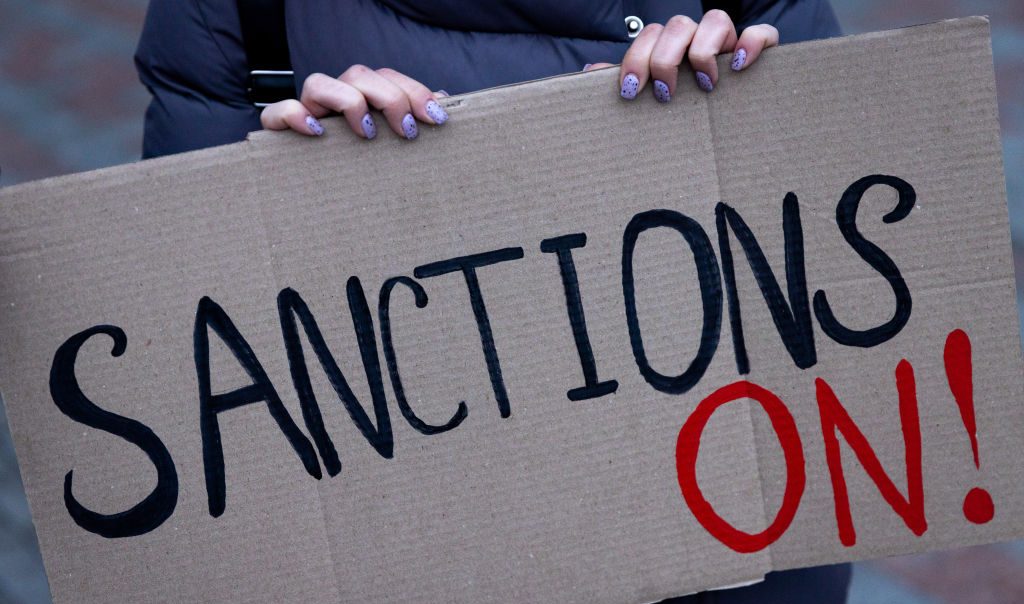Those who break or circumvent European Union sanctions across the bloc should face jail, a European Parliament committee has agreed.
The declaration comes some weeks after the EU’s 11th sanctions round was implemented against Russia, with senior Eurocrats keen on being seen to be taking the country to task over its invasion of Ukraine.
However, such sanctions have at times had limited success, with third-party nations frequently helping Moscow get around bans on major export goods, such as oil products.
Authorities are now looking at ways of punishing would-be circumventors, with a press release from the European Parliament’s Committee on Civil Liberties, Justice and Home Affairs (LIBE) officially backing new measures that would impose penalties on those who breach EU sanctions.
Approved by 36 votes to two, the document gives clearer definitions regarding what entails a violation of the European rules.
It also mandates that individuals or companies found to have broken sanctions will face fines of up to €10 million, as well as up to five years in jail for individuals concerned. Under the proposal, EU nations will also be permitted to set higher maximums for both fines and jail sentences if they so wish.
“Sanctions only have an impact when they are enforced strictly and evenly across the entire European Union,” said bill rapporteur MEP Sophie in ’t Veld.
“So many rich Russians are able to continue living their luxury lifestyle and companies are making enormous profits by violating and circumventing the sanctions,” the Dutch politician added.
“This impunity has to stop now.”
An assistant for in ’t Veld told Brussels Signal that the new law would also deal with efforts to circumvent measures undertaken via third countries, which have been used by Russia to get around EU sanctions.
Others have also been able to profit from the restrictions in trade, with Saudi Arabia reported as buying up cheap Russian diesel, only to sell its own domestically produced supply at a much higher price.
The European Commission has been questioned on such practices in the past, with one MEP asking earlier this year whether it was possible that the Middle Eastern state was simply re-selling Russian diesel to Europe at a mark-up.
While acknowledging that such a move would be in violation of EU rules in a statement published last month, EU Energy Commissioner Kadri Simson failed to say whether or not the bloc would be able to discern whether Saudi Arabia was engaging in such a practice.





